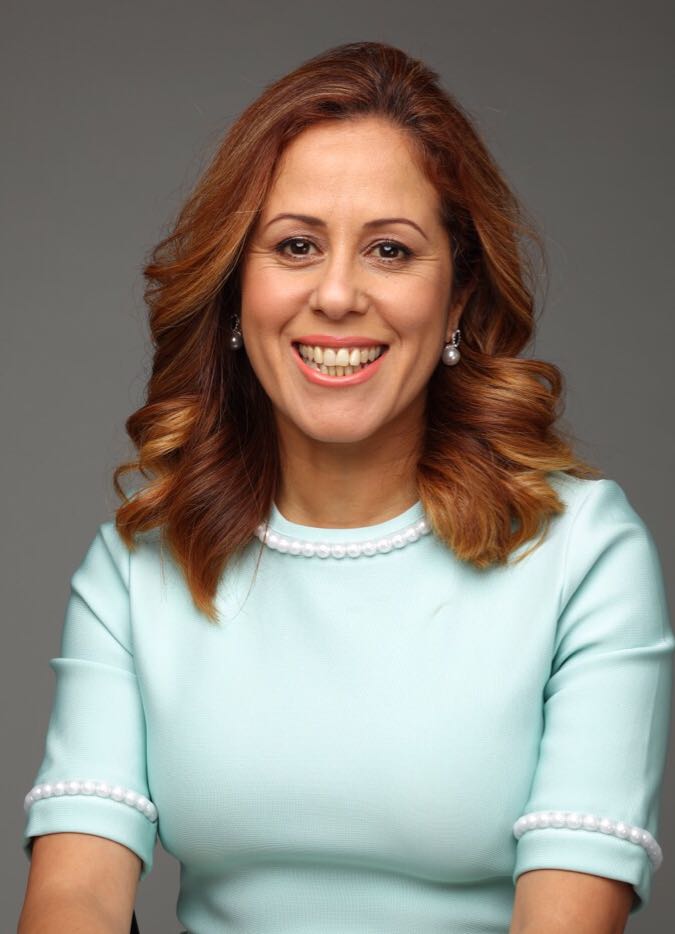Experts to debate the significance of Africa’s oceans


Leila Ben Hassen founder of ABEF-2018 and CEO of the event’s organiser-Blue Jay CommunicationBY FAUXILE KIBET
Over 150 African delegates and speakers are expected to attend the first Africa Blue Economy Forum (ABEF) to be held in London on 7-8 June 2018, to coincide with World Oceans Day.
The blue economy is an integral part of the African Union’s Agenda 2063 and the forum which will bring together African experts including government ministers, business leaders, ocean experts and environmental and maritime organizations to discuss the economic contribution of the African oceans.
The debut forum will address this agenda and enable businesses and policy makers to understand, explore and invest in Africa’s blue economy, to harness its potential and create a sustainable business model for the future.
“At ABEF 2018, we will discuss crucial issues, such as how the blue economy can help create jobs and accelerate sustainable growth and development across the continent,” said Leila Ben Hassen, founder of ABEF 2018 and CEO of the event’s organizer, Blue Jay Communication.
“We will also examine which economic policies will facilitate better ocean economy and open up opportunities for investors and entrepreneurs. In Africa, where 70% of the states are coastal, the ocean is not only a key driver for global trade but is also a major source of food and energy,” she added.
Paul Holthus, President and CEO of World Ocean Council, an official partner of ABEF 2018 on his part remarked that the World Ocean Council will address cross-cutting issues affecting ocean sustainable development, science and stewardship.
“We are committed to advancing the development and implementation of industry-driven solutions to ocean sustainability challenges. ABEF 2018 is a key gathering for raising awareness and developing the network around the African ocean economy and especially the sustainable development and related business opportunities that Africa has to offer”.
The blue economy covers aquatic and marine spaces, including oceans, seas, coasts, lakes, rivers and groundwater. It includes a wide range of productive sectors, such as fisheries, aquaculture, tourism, transport, commerce and trade, shipbuilding, energy, protection and restoration.
The blue economy also encapsulates extractive industries, for example underwater mining and offshore oil and gas, provided they are undertaken in a manner that does not cause irreversible damage to the ecosystem.
Welcoming the initiative, Dr Carlos Lopes, former Executive Secretary of the UN Economic Commission for Africa (UNECA) said: “Several African countries already are formulating strategies to mainstream the blue economy into their national development plans. For instance, the Seychelles has established a ministry dedicated to promoting the blue economy.
“In South Africa, Operation Phakisa is expected to create one million new jobs by 2030 and add ZAR177 billion [GBP10.2 billion] to the country’s GDP. More countries must follow suit to reap from the available socio-economic opportunities,” Dr Lopes added.
Confirmed speakers at ABEF 2018 include representatives from: UN Environment, World Trade Organisation, United Nations Economic Commission for Africa, Kingdom of Morocco, Republic of Gabon, Republic of Cameroon, Republic of Seychelles, World Ocean Council, WWF, Ghanaian Centre for Maritime Law and Security, One Earth Future Foundation, PWC, MAST Security, Resolute Marine Energy, The Global Ocean Trust Grid Arendal, and Sea Shepherd.